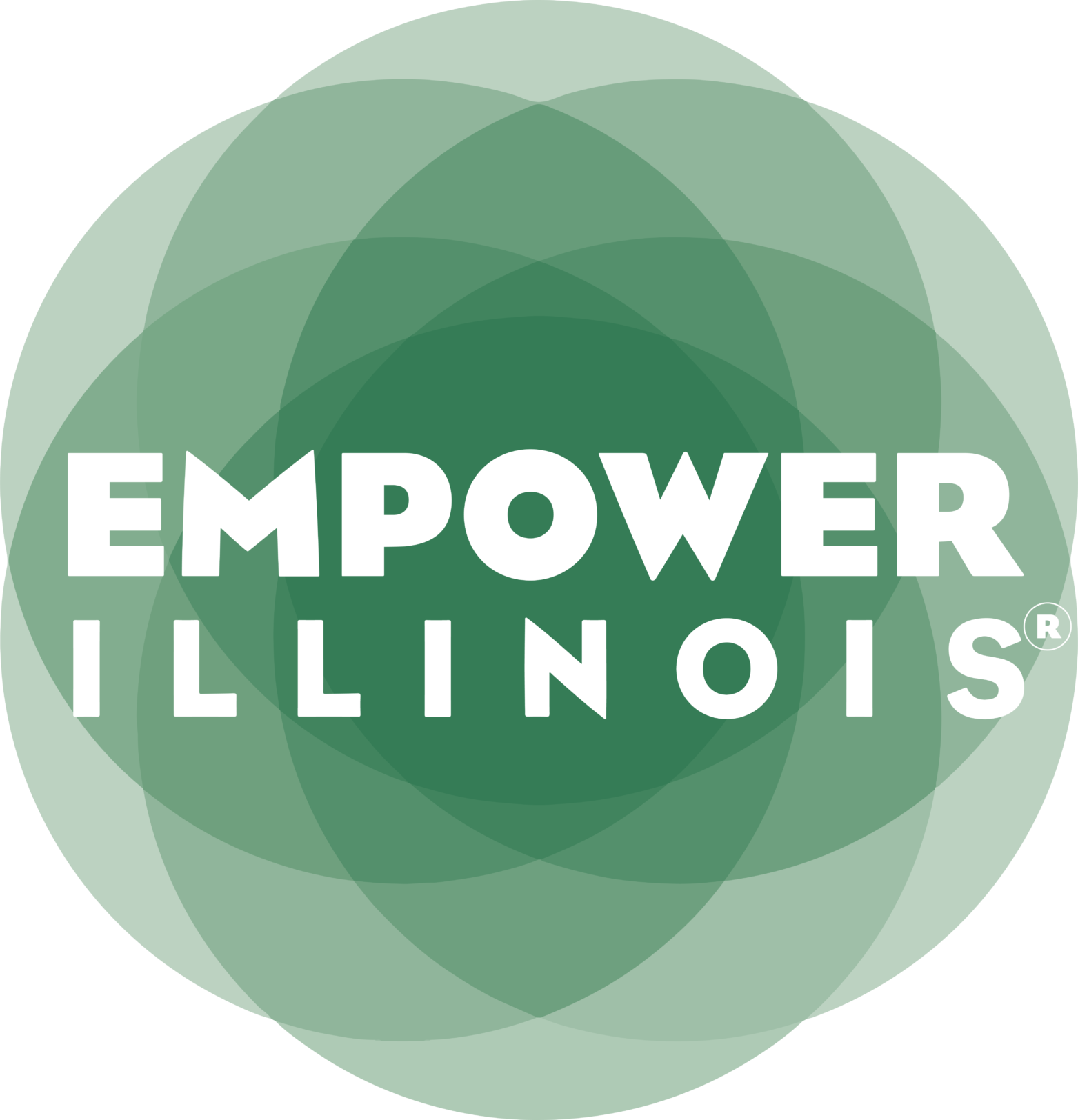The Challenge
Last March, the COVID-19 pandemic forced every school in America into a remote learning setting. Since then, schools have adopted different approaches to adapt traditional learning during this time. This shift shined a spotlight on the need to rethink assumptions about how to deliver learning.
The Solution
So, what can policymakers, school leaders, and families do to ensure that education systems are responsive to student learning needs in any situation? Focus on building resilient systems for learning with students at the center. This is where next generation learning comes in. Next generation learning tailors a student’s educational experience to meet their unique strengths, interests, and needs. In addition, it provides opportunities for increased interaction with teachers and peers and grows student engagement. Next generation learning encourages students to play a greater role – and be more invested – in their learning.
Coupled with flexibility in learning pace and delivery method, next generation learning is grounded in the idea that students should progress when they demonstrate mastery of key content and skills, regardless of time spent in class or where instruction takes place. In this way, learning becomes the constant, while time, pace, and delivery method become customizable to the student.
What Does the Research Show?
Empower Illinois and ExcelinEd’s new research, Building Resilient School Systems: An Education Flexibility Guide for District and School Leaders, focuses on identifying and describing the types of flexibilities available within Illinois. This inventory can be used and tailored by district and school education leaders to innovate and create next generation learning models.
Illinois has taken steps to move its education system toward a more next generation learning-friendly model. The steps, however, have largely been without an overarching articulated vision and plan. Efforts like the Competency Based Learning Education Pilot Program (CBE Pilot), established in 2016, have exposed school districts and school leaders to the possibilities of deepening and expanding learning opportunities by leveraging the flexibilities afforded by the CBE pilot program.
To ensure next generation learning can be developed and implemented properly, the state will need to work collaboratively to detail a vision and outline a cohesive plan.
Empower Illinois has long been a champion for expanding access to learning opportunities for more students in Illinois, including the Untapped Potential Act, the Accelerated Placement Act, and the Invest in Kids Act.
Next Steps
The next generation learning research can help inform future planning and development of opportunities to build these programs in Illinois.
Schools should explore the flexibilities offered in Illinois and catalogued in the report. Working with their school districts, families, and community partners, these learning models can support the unique needs of students.
State education leaders in Illinois should begin by developing a comprehensive vision and plan to expand next generation learning opportunities, which will give direction to policymakers on advancing future policies and programs that provide opportunities to advance next generation learning in Illinois. Ultimately, this will help schools and families prepare their kids for bright futures and success.
To see the full research, click here.
To see model policies from our partner, ExcelinEd, click here.

